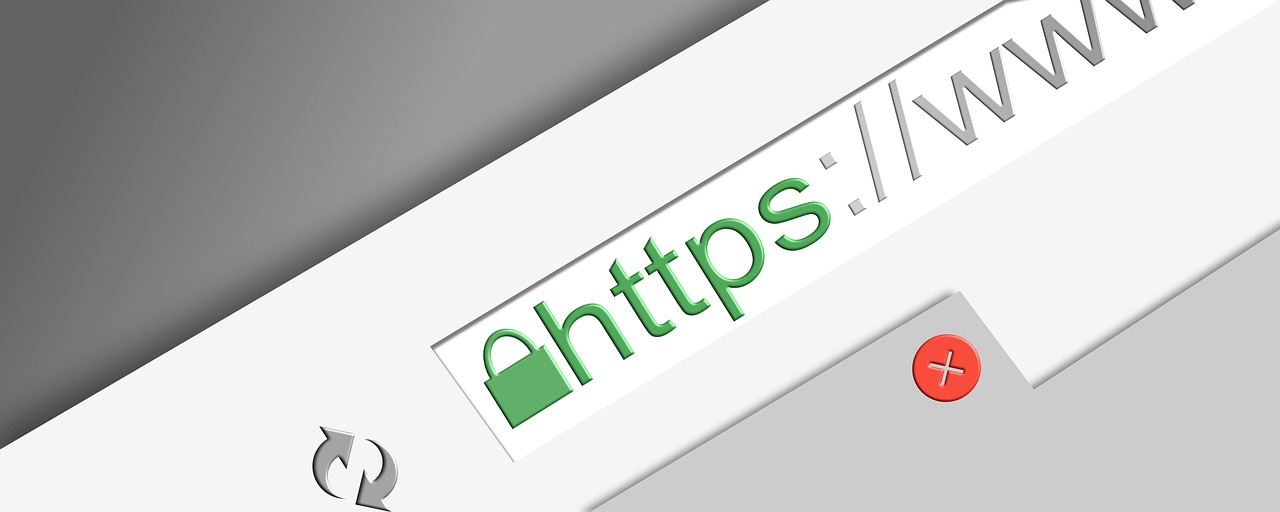
A Growing Concern
The emergence of the digital age has brought about a significant increase in cyber breaches, which have affected various industries, including tax and accounting practices. Cyber breaches have become a growing concern for tax and accounting practices as they increasingly rely on technology and online platforms to conduct business operations. In this article, we will discuss how cyber breaches are affecting tax and accounting practices and the measures that can be taken to mitigate the risks.
Impact of Cyber Breaches on Tax and Accounting Practices
Cyber breaches can have a severe impact on tax and accounting practices. They can result in the loss of sensitive client information, including social security numbers, tax identification numbers, and financial data. In some cases, this information may be sold on the dark web or used for identity theft, resulting in significant financial losses for clients. The loss of sensitive information can also cause reputational damage to the tax and accounting practice, leading to a loss of clients and revenue.
Cyber breaches can also cause operational disruptions, leading to business downtime and revenue losses. For example, a ransomware attack can prevent access to critical systems, leading to business interruptions and loss of productivity. These disruptions can result in significant financial losses for the tax and accounting practice and its clients.
Cyber breaches can also result in legal and regulatory consequences for tax and accounting practices. The disclosure of sensitive client information can result in regulatory fines and legal action, leading to significant financial losses and reputational damage.
Measures to Mitigate Risks of Cyber Breaches
Tax and accounting practices can take several measures to mitigate the risks of cyber breaches. These measures include:
- Conducting regular security assessments – Tax and accounting practices should conduct regular security assessments to identify vulnerabilities in their systems and networks. This can help them implement measures to mitigate these risks and improve their overall security posture.
- Implementing strong passwords and multi-factor authentication – Tax and accounting practices should implement strong passwords and multi-factor authentication to prevent unauthorized access to their systems and networks.
- Implementing security controls – Tax and accounting practices should implement security controls such as firewalls, intrusion detection systems, and antivirus software to prevent cyber breaches.
- Providing regular cybersecurity training – Tax and accounting practices should provide regular cybersecurity training to their employees to educate them on the risks of cyber breaches and how to prevent them. Business should also consider Human Risk Management.
- Conducting regular backups – Tax and accounting practices should conduct regular backups of their data to ensure that they can quickly recover in the event of a cyber breach.
Conclusion
In conclusion, cyber breaches are a growing concern for tax and accounting practices, as they increasingly rely on technology and online platforms to conduct business operations. The impact of cyber breaches can result in the loss of sensitive client information, operational disruptions, legal and regulatory consequences, and reputational damage. Tax and accounting practices can take several measures to mitigate the risks of cyber breaches, including conducting regular security assessments, implementing strong passwords and multi-factor authentication, implementing security controls, providing regular cybersecurity training, and conducting regular backups of their data. By implementing these measures, tax and accounting practices can better protect themselves and their clients from the risks of cyber breaches.
Visit Watch Cloud Cyber Security to learn more about our portfolio of cybersecurity solutions designed for tax and accounting professionals.
Share This Post
Related Posts

Urgent: Cybersecurity Essentials for Tax Pros – Protect Client Data Now!
LinkedIn Facebook Twitter Pocket Reddit Why Cybersecurity is Crucial for Tax and Accounting Professionals In today’s digital age, cybersecurity is not just a concern for

What is SOC: A Comprehensive Guide
Unveiling the world of SOC: Discover its vital role in cybersecurity, explore key components, functions, types, and challenges faced

What is SSL: A Comprehensive Guide
Unravel the intricacies of SSL: its significance, functionality, types of certificates, misconceptions, challenges, and future trends.

What is AES Encryption?
Unveiling the intricacies of AES encryption: Explore its components, strengths, modes, and applications in this comprehensive guide.

Cybersecurity’s Evolution: The Last 10 Years
Explore the remarkable evolution of cybersecurity over the past decade, as technology advances and cyber threats become more sophisticated.
